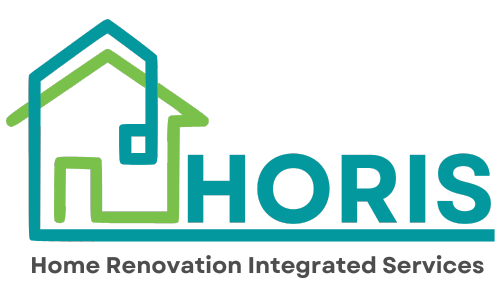Recently, the European Parliament and the Council reached a provisional agreement on the Energy Performance of Buildings Directive (EPBD). The EPBD is a key piece of legislation to reduce the emissions and energy use of buildings across the EU.
How does this impact citizens?
The provisional EPBD is good news for citizens, as it proposes a range of measures to tackle energy poverty and lower energy bills. Concrete steps are outlined by focusing on the worst-performing buildings where the most vulnerable citizens live.
The deal recognises the importance of one-stop-shops as a key method to achieve this by providing homeowners with a place to receive dedicated support and guidance on renovation.
The agreement:
- Acknowledges and encourages citizen-owned projects for renovation.
- Requires that financing for renovation must prioritise vulnerable households and those living in energy poverty.
- Recognises the importance of one-stop-shops by setting a target of one OSS per 80,000 inhabitants in the EU.
‘’We want to help people to make their homes more energy efficient, more comfortable and healthy. And this is a win-win for citizens: improving the energy performance of buildings will result in both lower energy bills and lower greenhouse gas emissions, Maroš Šefčovič, Executive Vice-President for European Green Deal.
HORIS, an EU project funded by the LIFE programme, has already begun its mission to offer homeowners a helping hand for renovation.
The aim of HORIS is to develop a user-friendly digital one-stop shop for homeowners in Spain, Portugal and Italy, where they can access customised home renovation packages and connect with renovation practitioners. Project partners are currently compiling a checklist of providers to be integrated into the platform, guaranteeing homeowners a quality assured service.


